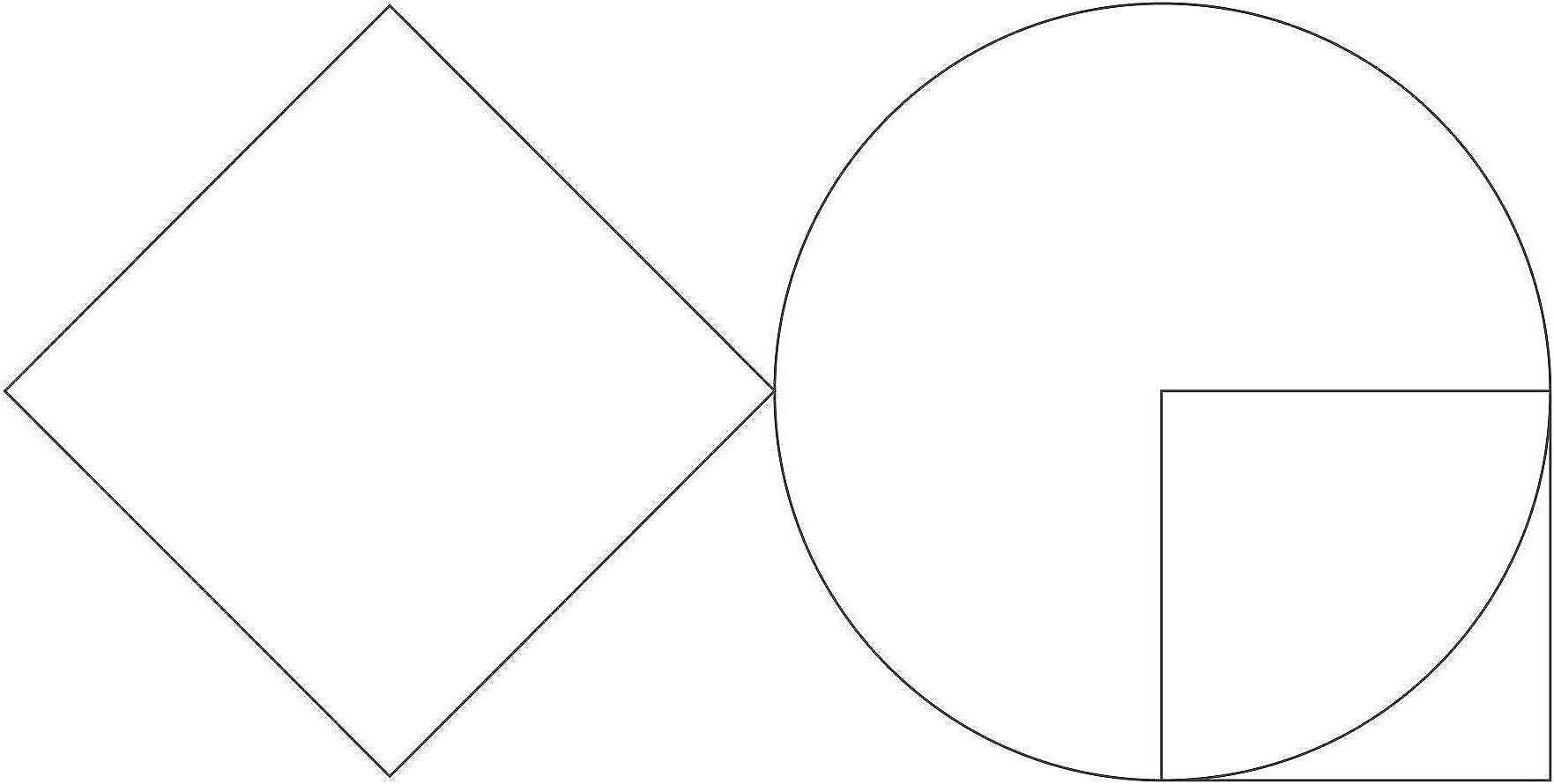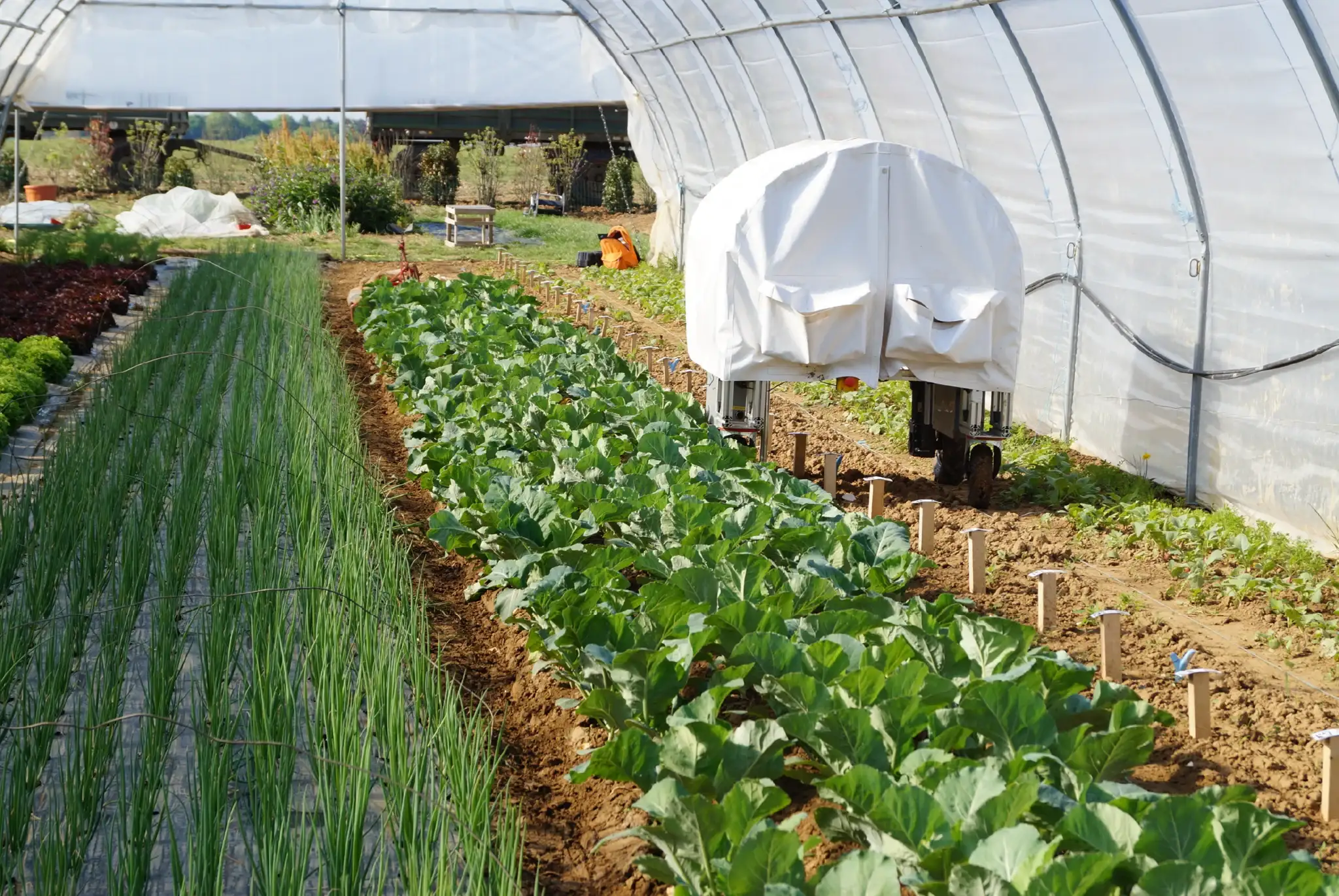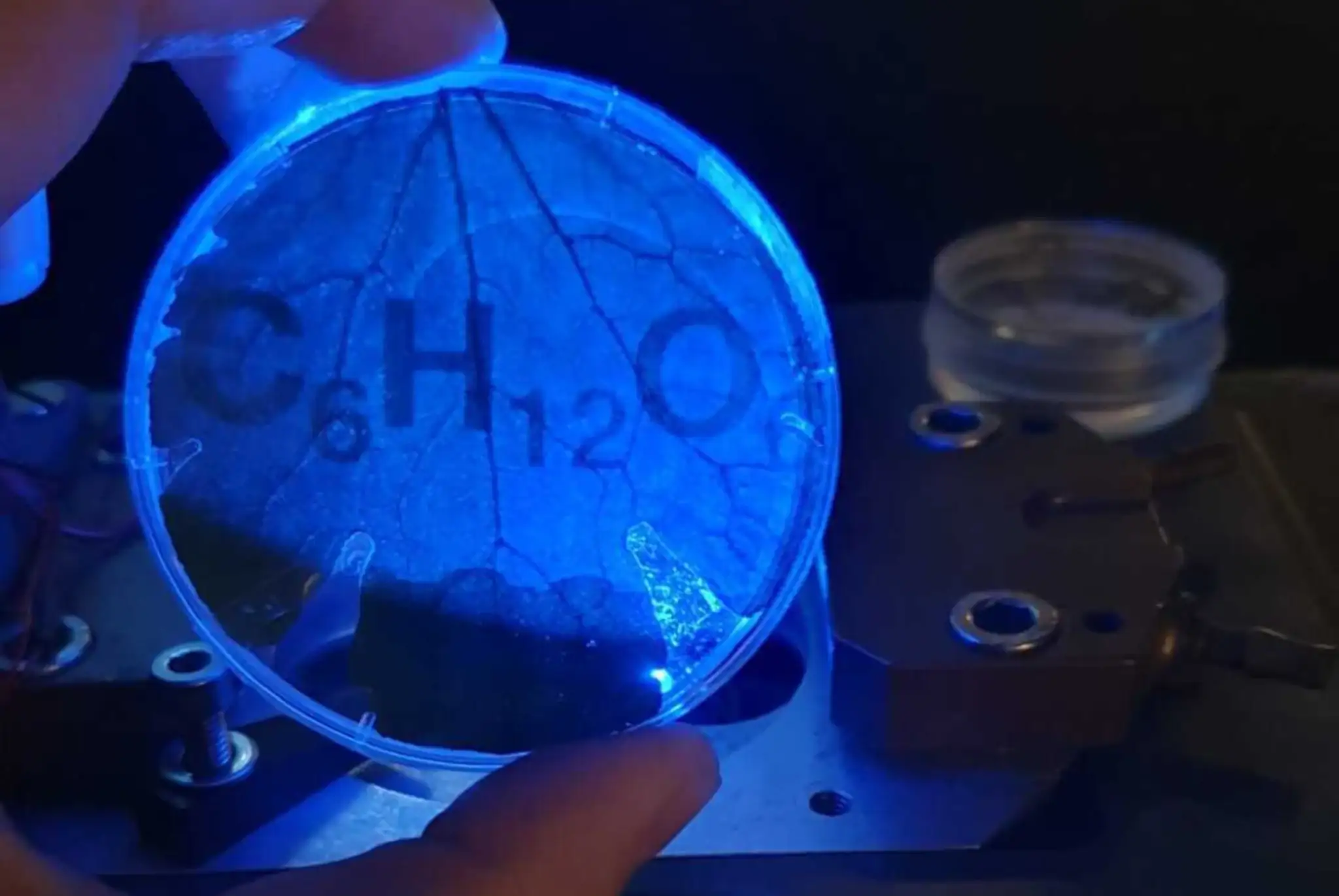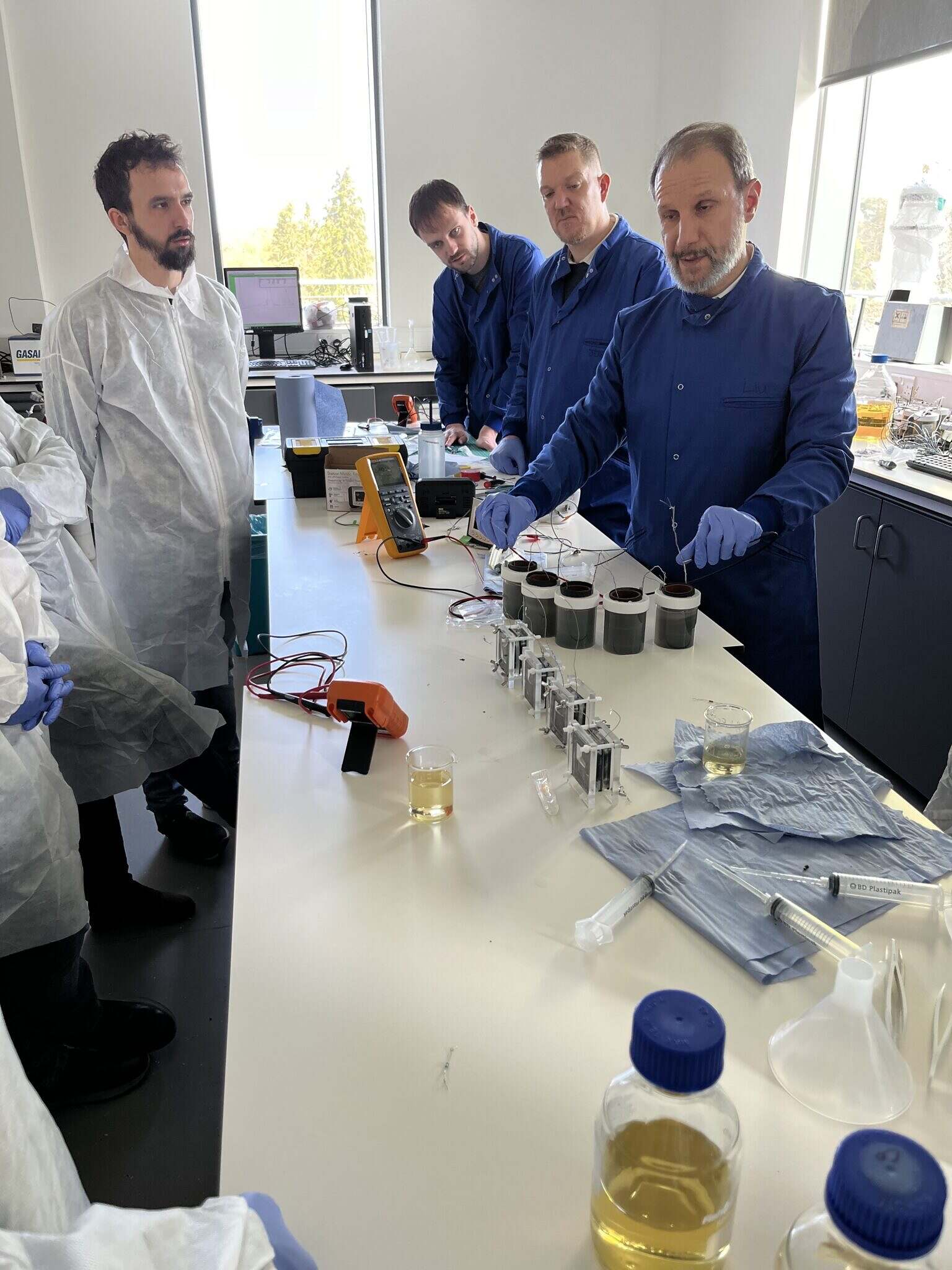
Mi-Hy – Microbial Hydroponics: Circular Sustainable Electrobiosynthesis
Contributors
Share

Peter Hanappe
Director

Lenon Modesto
Associate Researcher

Aliénor Lahlou
Researcher

David Colliaux
Researcher
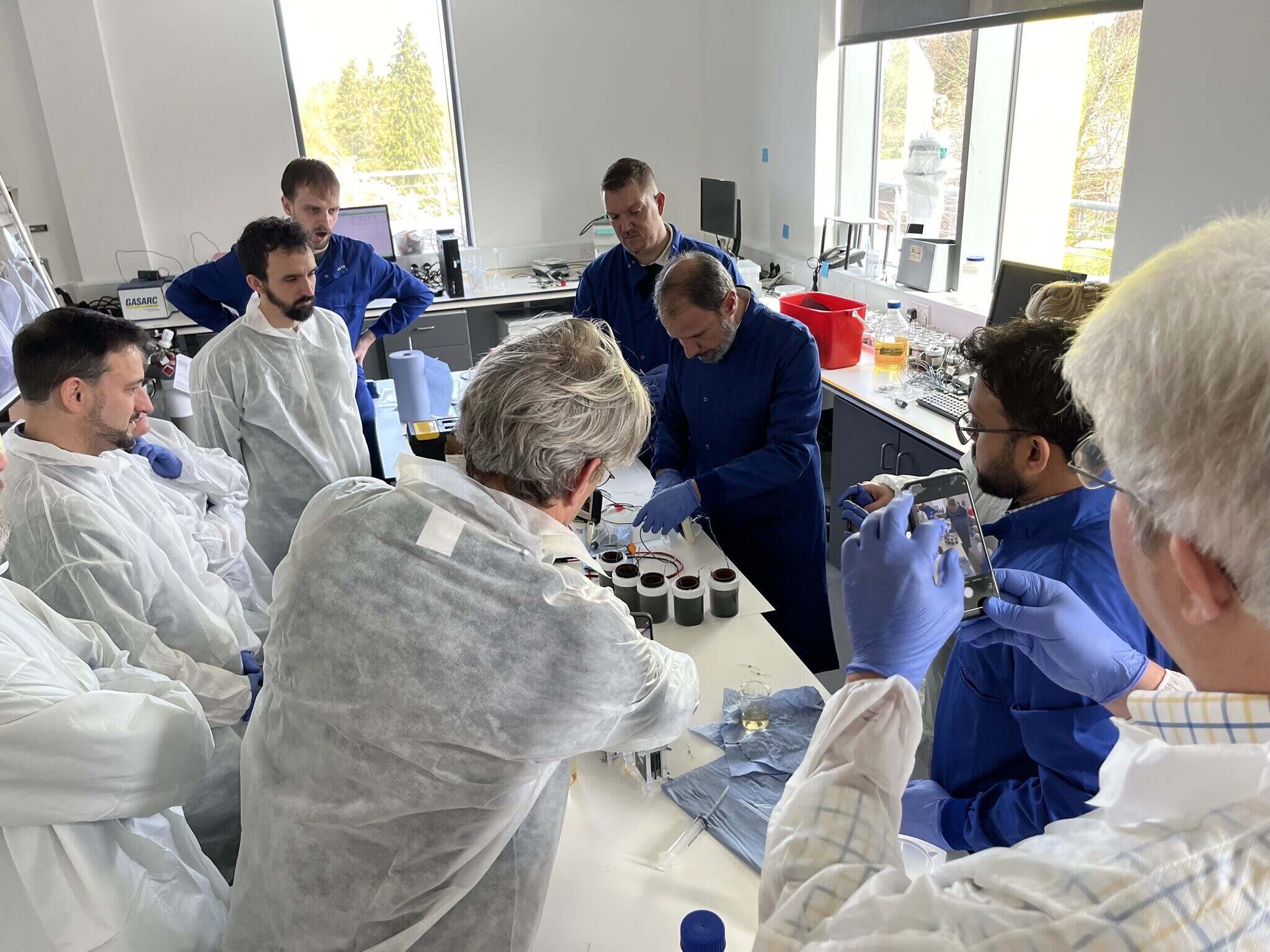
— Abstract
The Mi-Hy project is pioneering the integration of microbial fuel cells (MFC), microbial electrolysis cells (MEC) and hydroponics combining technological innovation with ecological principles. Sony Computer Science Lab is working as part of the Horizon Europe programme with six international partners on this innovative system that modulates nitrogen forms, integrate plant root microbiomes and mobilises phosphorus, reducing the need for chemical fertilisers or fossil fuel-based energy sources. By recovering nitrogen from wastewater streams, Mi-Hy converts carbon into biomass, producing bioenergy and nutrient-rich food while addressing global challenges in food production, sustainability, and agricultural practices.
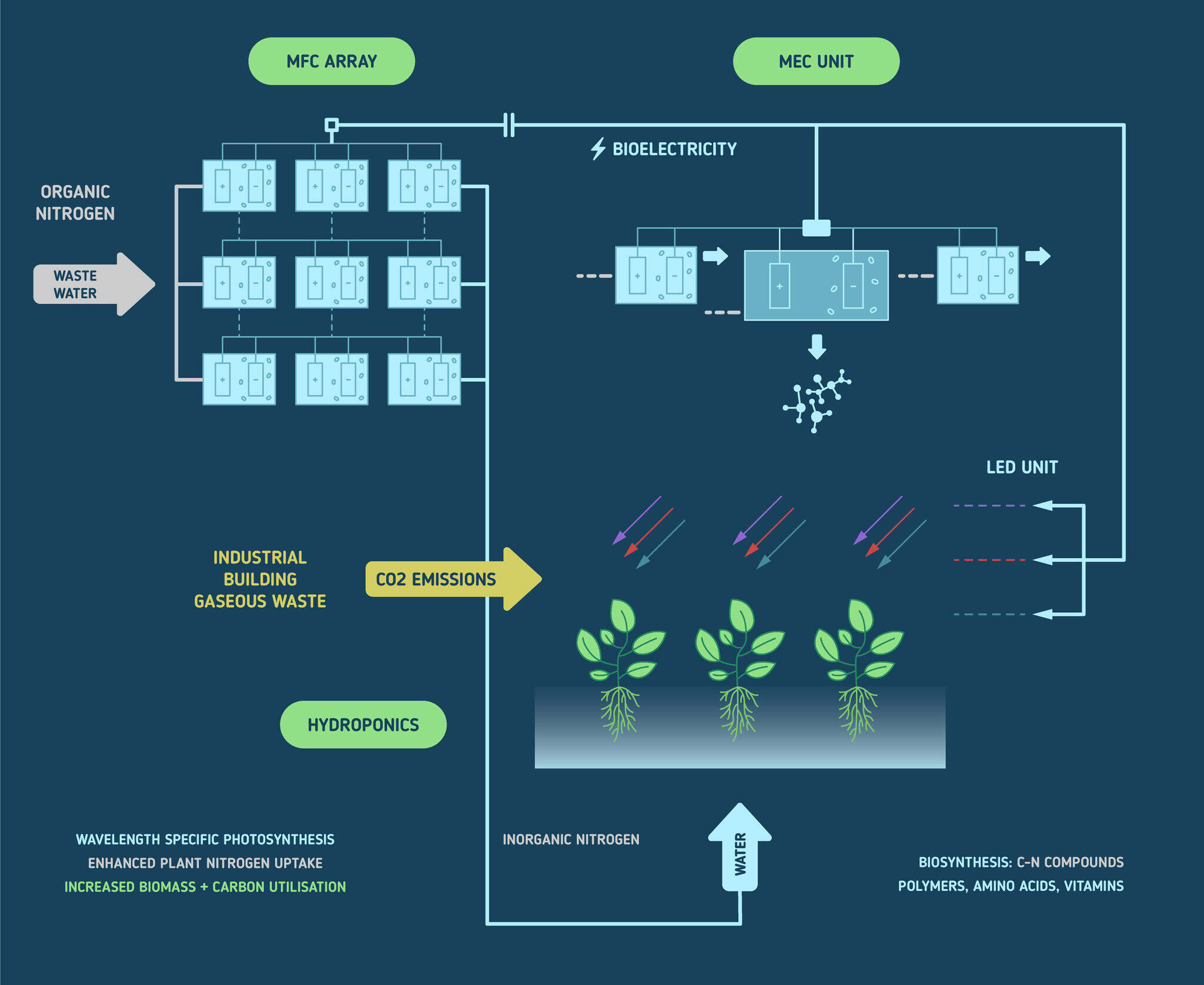
— Project
The current debate on climate change focuses primarily on replacing fossil fuels with clean energy. While this is a critical step, it addresses only part of the challenges we face. Other urgent issues include biodiversity loss, resource depletion, waste management, and redefining economic growth within the constraints of a finite planet.
Although the transition to sustainability has begun, we lack a clear vision of what we are transitioning toward. A popular French saying aptly describes this uncertainty: “It’s not the fall that matters, but the landing.” This highlights the importance of planning for what comes after the transition. What will the world look like once we successfully achieve a sustainable society?
Given the complexity of the challenges ahead, there is no single solution. However, this does not mean reverting to primitive lifestyles. Instead, we must develop thoughtful, forward-looking visions for the future.
One key insight is the need to forge a new relationship between humanity, nature, and technology. In the future, we are likely to depend more on biological and biology-inspired systems for energy generation, material production and transformation, as well as information collection, processing, and transmission.
The Mi-Hy next-generation hydroponics system explores near-future applications in agriculture and urban environments. It offers a smart, decentralized, and low-power infrastructure that integrates organic food and energy production, waste management, microbial systems, and low-power technologies.
Methodolgy & key features
The Mi-Hy methodology leverages interdisciplinary approaches to create an integrated, sustainable system combining Microbial Fuel Cells (MFCs), Microbial Electrolysis Cells (MECs), and hydroponics (Figure). The methodology addresses critical challenges in energy production, nutrient recovery, waste management, and food security while promoting innovative and sustainable agricultural practices.
By integrating MFCs, MECs, and hydroponics, Mi-Hy demonstrates the feasibility of self-sustaining, decentralized systems that contribute to global efforts in sustainable development, energy independence, and food security. The approach exemplifies how cutting-edge microbial and hydroponic technologies can transform agricultural and urban ecosystems for a more resilient future.
— Links
Companion Website: https://www.mi-hy.eu/
Media coverage: https://www.linkedin.com/showcase/mi-hy/
Related projects


